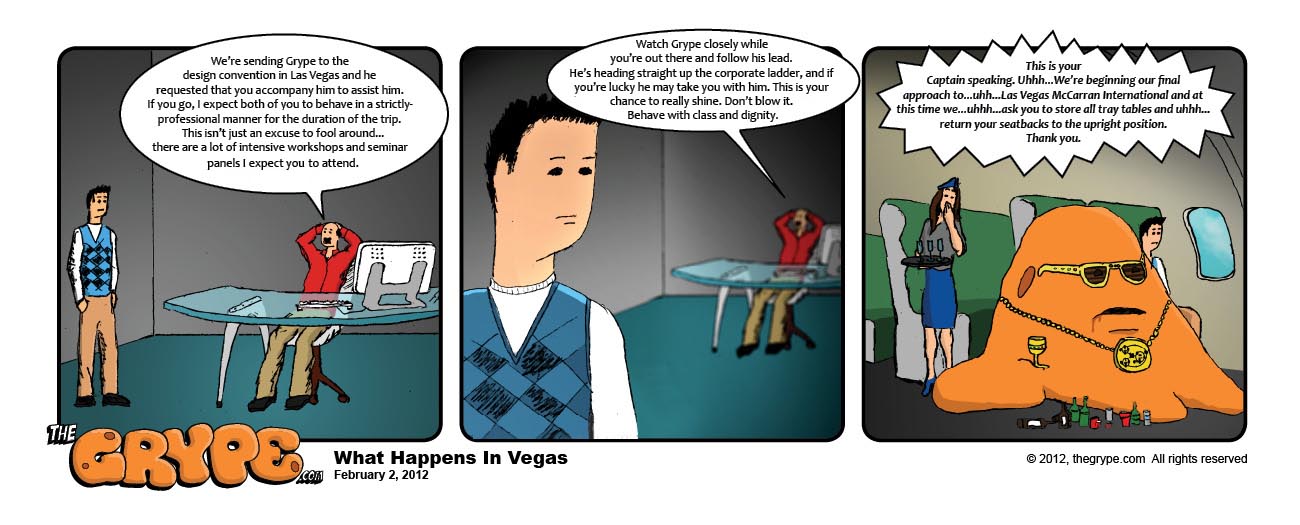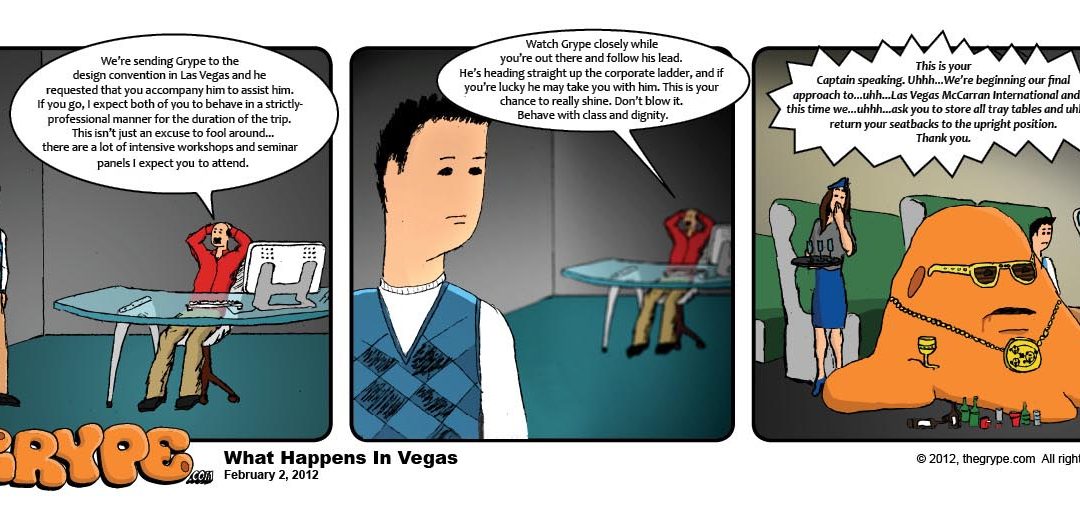 Why is the stock market so important that we repeatedly let it torpedo our economy? What’s going on with that?
Why is the stock market so important that we repeatedly let it torpedo our economy? What’s going on with that?
Well… corporate trading takes many forms. Corporate stock trading occurs when conglomerations of rich people (investors) pool their money and use it to buy shares in a corporation, carving it up into chunks of various sizes, each chunk representing a percentage of ownership (and a commensurate percentage of the corporate assets and net profit) of the corporation. Savvy investors seek to pay a pittance for shares in a small corporation that shows potential, then sell or trade it when the corporation grows and those shares increase in value.
Commodities trading is a type of corporate trading wherein (you guessed it) conglomerations of rich people pool their money and control of certain production companies to stockpile huge amounts of necessary commodities— gas, oil, food products, etc.— then trade them to buyers for the best price. Some are “speculators” who act as middle men, manipulating the supply and demand to their advantage (like ticket scalpers buying up all the good seats and selling them sky high for a crazy profit). If you “corner the market” in a particular commodity that means you control so much that by withholding it you create a supply shortage, enabling you to name your own price. True fact: it’s not always foreign oil producers who force gasoline prices off the top of the charts; it’s mostly American speculators, purposely withholding processed gasoline and preventing it from being released to market, creating an artificial shortage that keeps the price high.
Like polo and Celebrity Wife Swapping, the stock market is definitely a rich man’s game. The wealthy rely on corporate trading to build their assets… though occasionally people panic and start dumping stocks, causing a crash. Back in the 1980’s, a rising tide of independent middle class yuppie investors emerged hoping to use the stock market to chip off a piece of the American dream. Most of these ultimately got fleeced by slick stockbrokers who conned them into buying a lot of junk bonds that evaporated in the crash of 1987.
Once in a while, herds of investors go crazy over some new stock offering believed to have a super profitable future, so everyone wants a piece of that action. As demand grows, the price of shares rises exponentially for a time…until the company proves less profitable than anticipated, share values drop through the basement, and everyone loses their collective shirt. These are called investment “bubbles” because, like their namesake, they are mostly full of hot air, and eventually they all burst. The dotcom boom in the late 1990’s was comprised of a series of disastrous investment bubbles of this type. They tend to occur when word leaks out to less-savvy middle class investors on the street about some incredible new opportunity that’s creating instant millionaires. This inspires a crazy rush to climb aboard the money train, resulting in a sudden influx of fresh investment capital into the markets. As new money rolls in, a crop of fast-talking stock brokers intercept it and start throwing it into every wacky scheme they can cook up, hoping to get lucky and strike gold. When the bubble bursts, the wellspring of new money dries up. To the regular gang of upper class high rollers with permanent seats on the stock exchange, these occasional boom-then-bust scenarios are little more than a financial hiccup; but to less wealthy investors, such an investment misstep can be disastrous, leaving them in financial ruin. Annoying, since the middle class really IS too big to fail… except the upper 10% sure aren’t scrambling to bail them out.
Playing the stock market is really just another form of gambling. Sure, the rules are different, but when an investor buys stock he is trying to pick a winning company, the same way a gambler hopes to pick a winning horse at the racetrack. Bet wrong and you might wind up with a worthless portfolio full of crap-shares in obsolete companies wheezing away on life support, or the skeletal remains of failed start-ups— instead of the highly-anticipated financial windfall you hoped would buy you a beach compound in Cozumel. In the market, nothing is ever a sure bet.
And before you disagree because YOUR stock broker really knows his stuff, do a little research. You might be surprised to discover that in a famous 14-year-long experiment, stocks chosen randomly by throwing darts at a dartboard did as well as those carefully picked by supposed experts.
Planning to invest in the stock market? Viva Las Vegas, baby!

